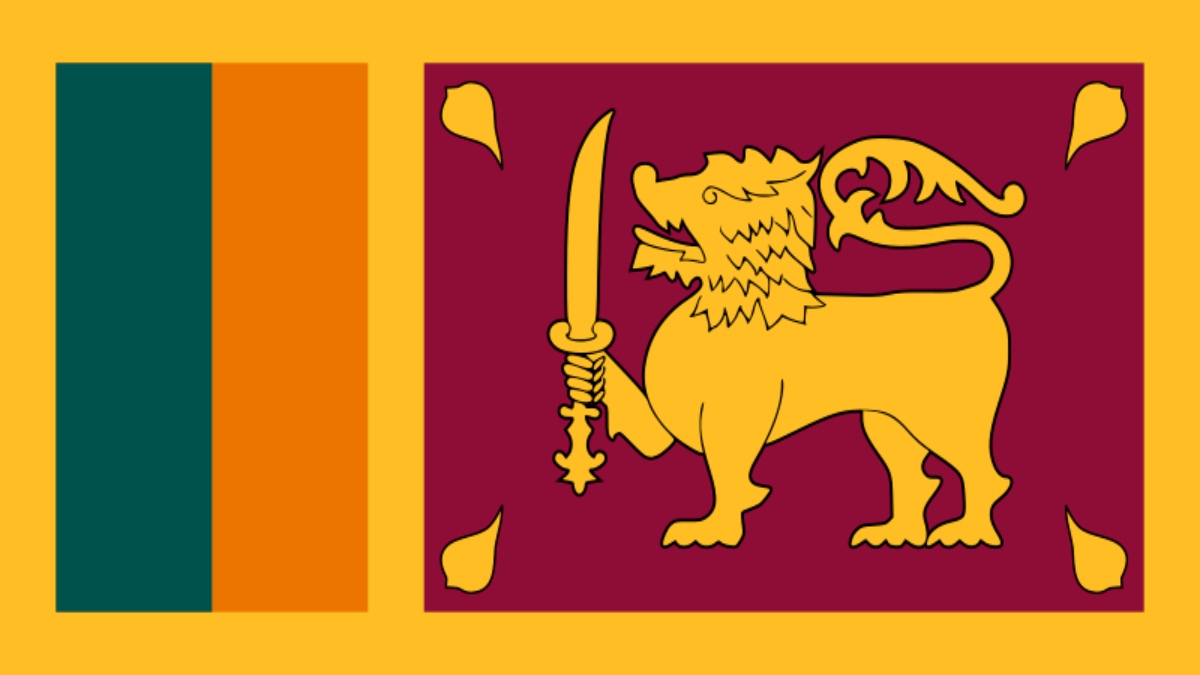


Sri Lankan President Gotabaya Rajapaksa’s ruling coalition lost its majority in Parliament on Tuesday after at least 41 lawmakers walked out of the alliance. A group of Sri Lankan governing party lawmakers called Tuesday for the appointment of an interim government, warning that a failure to do so would lead to violence and anarchy, as demonstrators continued to demand the resignation of President Gotabaya Rajapaksa over the country’s worst economic crisis in decades. The lawmakers urged the speaker of Parliament to lead discussions with all parties to select an interim prime minister with the support of a majority of legislators. The largest opposition party, however, said it will not support any interim government and insisted that the President resign immediately.
Rajapaksa’s ruling coalition lost its majority in Parliament as proceedings began on Tuesday for the first time since the state of Emergency was imposed. At least 41 lawmakers walked out of the alliance amid public anger against the Rajapaksa family. “Our party is on the side of the people,” said Maithripala Sirisena, leader of the Sri Lanka Freedom Party which withdrew its support for Rajapaksa’s coalition. The shift left Raj
apaksa with a minority government, which could make decision making more challenging, although independent lawmakers can still continue to support government proposals. Leader of the Opposition, Sajith Premadasa has called for abolishing the Executive Presidential system. “For nearly 20 years, every leader promised to abolish the Executive Presidency but only strengthened it,” Premadasa said in a strongly-worded speech in parliament on Tuesday, reminding the Parliamentarians about the necessity to introduce a new electoral system.
Earlier, President Rajapaksa had asserted that he won’t resign from his position; however, he’s ready to hand over the government to whoever proves the majority in Parliament. While a vote count is yet to be taken, with the ruling coalition in minority, passing government proposals may become tough unless independent members support them.
Tendering his resignation a day after being sworn in Finance Minister Ali Sabry, who replaced the President’s brother, Basil Rajapaksa, said, “Fresh, proactive and unconventional steps” are needed to navigate this unprecedented crisis. Sabry added that when he resigned as Minister of Justice on 3 April, it was not his intention to take up another post. Also, Deputy Parliament Speaker Ranjith Siyambalapitiya resigned on Tuesday as the Parliament reconvened for the first time after the state of emergency was declared in the country. Sri Lanka witnessed massive protests outside its Parliament on Tuesday, with people demanding the resignation of President Gotabaya Rajapaksa and Prime Minister Mahinda Rajapaksa.
Meanwhile, India’s High Commissioner to Sri Lanka Gopal Baglay said on Tuesday that the ongoing Lines of Credit (LOCs) that India has extended to Sri Lanka for procurement of fuel and food have currently totalled USD 1.5 billion and the consignments will further continue. Bagley said that the first consignment of rice from India is expected to arrive in Sri Lanka shortly under this credit facility.
The United States on Tuesday said it is deeply concerned about the economic situation in Sri Lanka and urged authorities in the island nation to exercise restraint and avoid social media blackouts. The International Monetary Fund (IMF) said on Tuesday that it is monitoring political and economic developments in Sri Lanka “very closely”.
Sri Lanka has decided to temporarily close its embassies in Oslo (Norway) and Baghdad (Iraq) and its Consulate General in Sydney, Australia, with effect from 30 April. According to a government statement, the decision was taken following “careful deliberation”. The government stated that it is “part of a general restructuring of Sri Lanka’s diplomatic representation overseas, undertaken by the Foreign Ministry in the context of the current economic situation and foreign currency constraints faced by the country”.